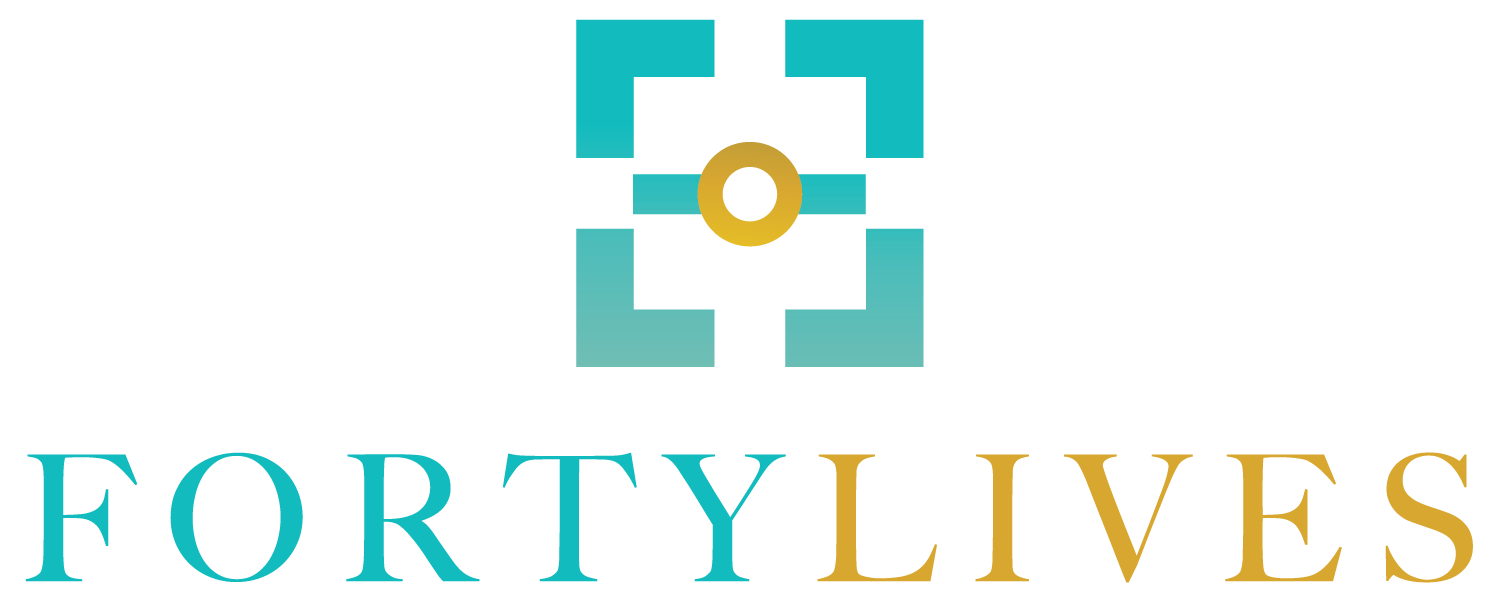
Addiction continues to rank among the most stigmatized and least understood of the classified mental health disorders. Much of this stigma is, in part, due to the negative symptoms associated with addictive disorders.
For many of us who have personally known someone with such a disorder, we have experienced the pain of being lied to, yelled at, ignored, stolen from, and having to slowly—or even rapidly—watch our loved one deteriorate. When our emotions become involved, it is easy to see only the negative and ignore what is truly happening to this individual. Emotion trumps logic, and we begin to view this person as someone morally deficient.
For the many of us personally dealing with addiction, we may experience feelings of denial, grief, and shame. Without viewing the addiction objectively—as the physiological illness that it is—we will never be able to fully understand it.

Currently, there are ten classifications of substance use disorders contained in the DSM-5. These include the following:
Further, the DSM-5 has included Gambling Disorder as the one official diagnosable disorder under “Non-Substance-Related Disorders.” A more extensive list of process addictions or behavioral addictions includes, but is not limited to:
Any one of these in excess may lead toward mild to significant distress in one’s life.
First, it is imperative to recognize the factors present with addiction. Whether substance or process in nature, the DSM-5 has designated specific criteria for addiction in general. Such criteria are as follows:

There are six important contextual factors that can help explain how the addiction began, what needs it satisfies, and how it has negatively impacted the life of the person suffering from addiction
In addition to these contextual factors, causes of addiction may be explained by biology/physiology, physical illness and/or disability, social factors, and personal psychology.

Source : Choosingtherapy.com